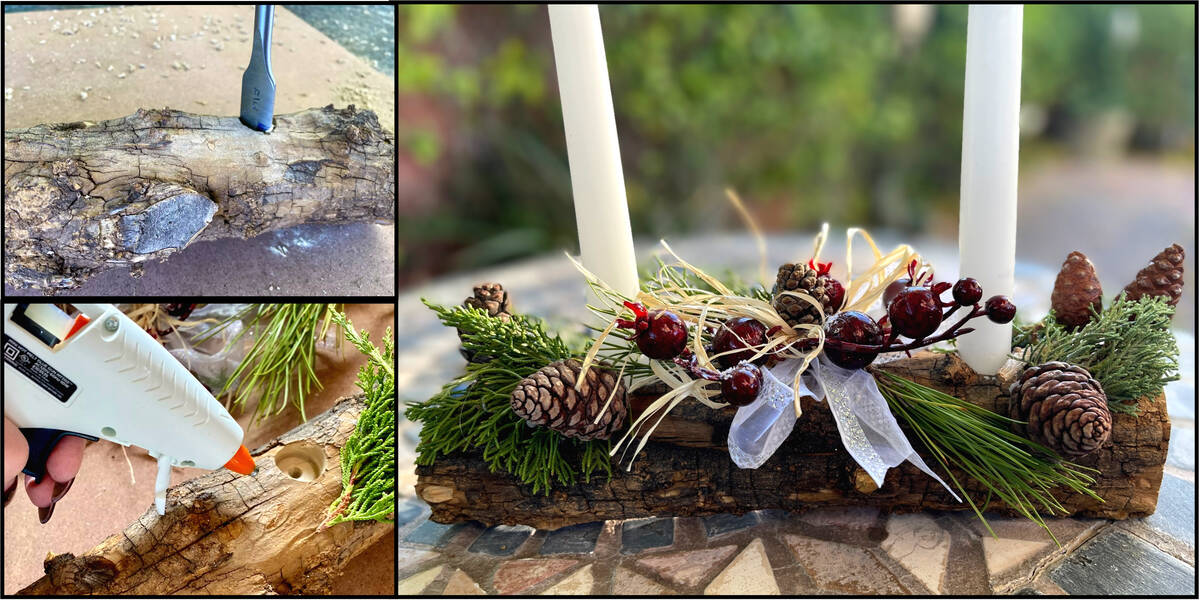
The Yule log—is it firewood, a cake, a TV show? Indeed, Yule log seems to mean many things, but what is it, exactly?
To get to its root we first need to understand Yule. It’s believed the word Yule comes from the old Norse word Jól, meaning party. Norsemen celebrated midwinter events called Yuletide—“tide” from the ancient Germanic word “time.” Yuletide literally translates to “party-time.”
There are a few theories as to what they were partying about. A commonly held belief is that Odin, the chief god of Germanic mythology, led supernatural celestial events during the winter solstice, including giving gifts to children. Pair that with him described as a bearded old man wearing a hat and cloak, many historians believe he was the original Santa. As Christianity grew throughout Europe, Yuletide celebrations morphed into Christian ones. In fact, “Merry Christmas” in Norwegian and Swedish is “God Jol.”
As for the Yule log, while no one knows the exact history, it’s believed to date back to these ancient celebrations and large bonfire traditions. The Yule log evolved into an entire tree that would be fed into the hearth during Yuletide. With the Christianization of such folklore, the Christmas custom was to burn sections of the Yule log each evening of the Twelve Days of Christmas until the Twelfth Night, also known as the Epiphany.
Over the centuries, folklore and religious tradition around the Yule log changed. Be it the celebration of the returning light of the sun or the light of the Savior—indeed there is something divine and mystical about gathering around the warm dancing glow of a fireplace.
During the 1800s, the Bûche de Noël (Yule log cake) was born into dessert history. We may have Napoleon Bonaparte to thank for this Christmas delight. He banned the Yule log, believing its smoke was making people ill. Seemingly, the French answer to the ban was “let them eat cake.” The Yule log cake is essentially a jelly roll decorated to look like a log, usually made from chocolate sponge cake. This tradition spread to many countries in Europe, North America, and variations exist in Vietnam and Cambodia.
For some of us, our connection to the Yule log was a Christmas TV show, created in 1966, that aired an uninterrupted broadcast looping of a roaring fireplace with a Christmas soundtrack playing in the background. The nostalgia of it lives on with streaming versions available this time of year.
While less homes are built with working fireplaces, and the connection to the traditions of the Yule log have dwindled, we can still bring family and friends together around a firepit in our backyards.
Although there are no codes on using fire pits in Boulder City, safety measures should be taken. We are asked to ensure that firepits (chimneys, bonfire stoves, etc.) are at least 6 feet from structures and never under any overhangs or low trees. “Make sure the fire is completely extinguished before leaving,” said Deputy Fire Chief Greg Chesser. “Embers can quickly re-ignite and cause the fire to spread to other areas nearby, including trees and even homes. Given how dry conditions are here in Southern Nevada, any fire can get out of control quickly.”
I relish making a DIY Yule log centerpiece this time of year. With a small log, clippings from nature, mini decorations, a glue gun, and candles with a matching diameter paddle bit (to drill holes for candles), you can create a stunning holiday tablescape. It’s a fun project that the whole family can get it on. There’s a great step-by-step on how to build a Yule log centerpiece at HearthandVine.com
https://hearthandvine.com/yule-log-centerpiece/ .